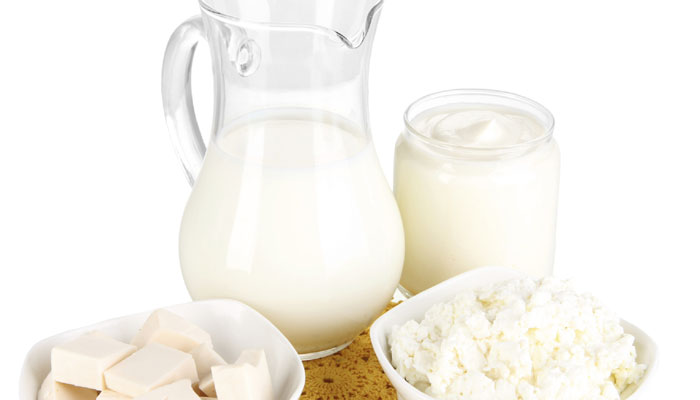
Ever wondered what to drink during and after an exercise session, more importantly if you are an athlete training intensely for your next run or next match or a practice session; well the options are galore like plain water, sports drinks, energy drinks, fruit juice?
Which among these is the best and why? Are sports drinks better than plain water? Do they have some super energy ingredient or a magic formula that boosts performance?
Well the answer is yes, they do contain, not a magic formula but, a balanced proportion of ELECTROLYTES! So what are these electrolytes…let us understand their role and function in the human body.
Electrolytes are minerals which when dissolved in water; break into small electrically-charged particles called ions. These can either be positively-charged (anode) or negatively-charged (cathode) ions. Our body needs a balanced number of cathodes and anodes to stay healthy.
The most important electrolytes required by the human body are sodium, potassium, magnesium, calcium, chloride and phosphate. These are present in all body cells and fluids and play a vital role in maintaining proper hydration and balance of water within and between body cells. Each electrolyte has certain specific functions-
- Calcium is responsible for building and maintaining strong bones, also plays a vital role in muscle and nerve functions, especially muscle contraction and nerve impulse transmission i.e. transport of signals up and down the nerves which in turn directs the muscles to act
- Sodium is the dominant positive ion which regulates body’s water content and also aids nerve communication.
- Chloride is found in blood and fluid outer layer of cells; along with sodium it helps control body’s water content.
- Potassium is needed to maintain normal functions of cells and muscles.
- Magnesium helps convert blood sugar into energy, also supports over 300 enzyme reactions.
- Phosphate facilitates absorption of calcium in bones as well as regulates the blood pH level.
As athletes train and perform. They sweat and lose fluids as well as electrolytes in the process. Drinking water replenishes hydration but, not electrolytes. In fact, drinking only water can sometimes dangerously dilute electrolytes in the body and worsen existing imbalance. This imbalance can manifest in form of symptoms like fatigue, muscle cramps, nausea, stomach cramps, stiff and achy joints, and even confusion and impaired judgement. In severe cases, seizures and even heart failure can occur. In other words, electrolyte depletion and imbalance can severely affect an athlete’s performance.
What can be done to prevent an electrolyte imbalance?
Sports drinks definitely play a role in reinstating electrolyte balance but, these are laden with sugar adding extra calories. A better way can be to indulge in foods rich in particular electrolytes like-
- A salty meal like soup before a strenuous exercise session can help retain fluid and maintain hydration during exercise
- Tomatoes, Olives, Lettuce help to replenish chloride
- A large Banana contains 450-600 mg of Potassium
- Melons, oranges, raisins or prunes, sweet potatoes, peas and beans are rich in sodium
- Research shows that milk contains a mix of carbohydrates, calcium, sodium, potassium and good protein which aids muscle recovery.
Inclusion of these calcium rich foods like milk and cereal, yoghurt or latte in your diet helps a lot in creating Electrolyte balance.
We hope these insights into the importance of electrolytes in our body shed light on their crucial role. If you found this information helpful, feel free to share your thoughts in the comments below. For a deeper understanding of nutrition and health, explore Healthy Reads. For further information or guidance, reach out to our certified experts by subscribing to GOQii’s Personalised Health Coaching here.
#BeTheForce



